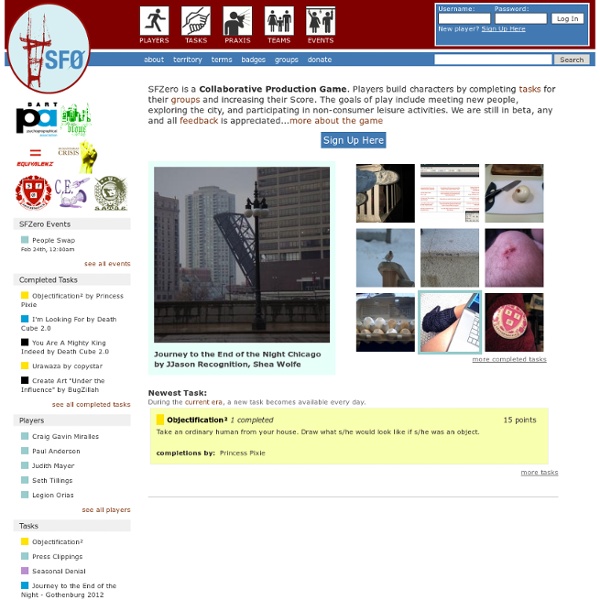



i live here:SF Nine Leading Companies and Fujisawa City to Collaborate on Sustainable Smart Town Project | Headquarters News | Panasonic Global 'Fujisawa Sustainable Smart Town' will Lead the World by Installing Solar Panels and Home-use Storage Batteries in Every Household The Business Partnership will Capitalize on the Strengths of Each Company to Realize a Comfortable Lifestyle with a New Level of Safety and Security Tokyo, Japan - Panasonic Corporation and eight other companies that are spearheading advanced environmental initiatives through eco-conscious urban development and smart city projects today announced they will work together to implement a smart town concept called "Fujisawa Sustainable Smart Town (Fujisawa SST)" which showcases Panasonic's "entire solutions" business model in full scale to the world. The city of Fujisawa, in cooperation with the surrounding regions, will also participate in the efforts to globally promote Fujisawa SST as a model project of an environmentally-minded city in action. ■Roles and Responsibilities for Each Business Partner Accenture Mitsui & Co., Ltd. Nihon Sekkei, Inc. ORIX Corporation
Curbed SF : The San Francisco Neighborhoods and Real Estate Blog Dead Girls, Dead Boys, Dead Things (9780312180782): Richard Calder Seismic Innovations & Enhancements on the East Span | Bay Bridge Info The design, engineering and construction teams have met the challenge of making the Bay Bridge seismically resilient with cutting-edge innovations and enhancements—some never before used in bridge building—that are transforming the bridge into a state-of-the-art engineering icon. The first section crews completed was the Skyway, which also includes some of the most amazing seismic innovations. To build the Skyway’s foundations, 160 rebar and concrete-filled steel piles were driven up to 300 feet below the water’s surface to anchor into stable soils. The piles were driven into the soil at an angle, through a process called “battering,” to create greater stability. This method has been used to create secure foundations for oil rigs for more than two decades, but has not been used in bridge construction of this scale. Hinge pipe beams are not the only innovation in the SAS.
Lovecraft's Fiction - Alphabetical Order Below is an alphabetical list of Lovecraft’s fiction, revisions, collaborations, and miscellaneous minor works, as well as some tales that are not extant. The dates for each of the tales are based primarily on S.T. Joshi’s “Chronology of the Fiction of H. P. The Alchemist (1908) Ashes (with C. Glen Park Association News Share Book Recommendations With Your Friends, Join Book Clubs, Answer Trivia